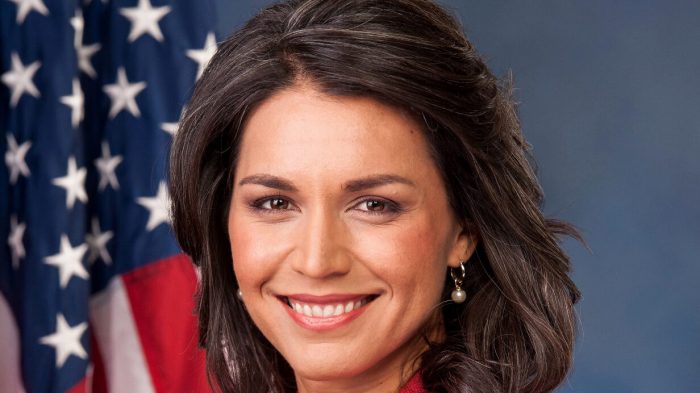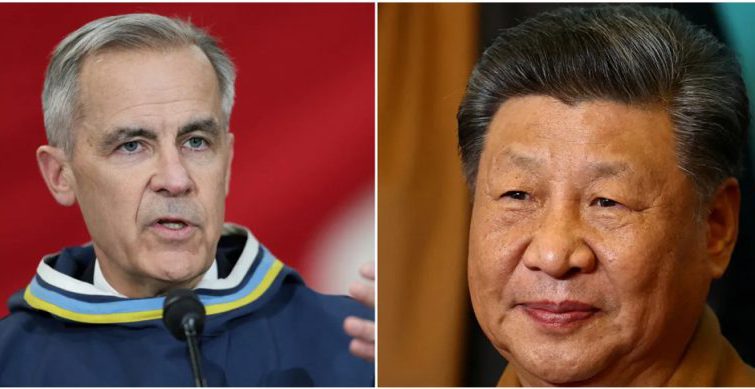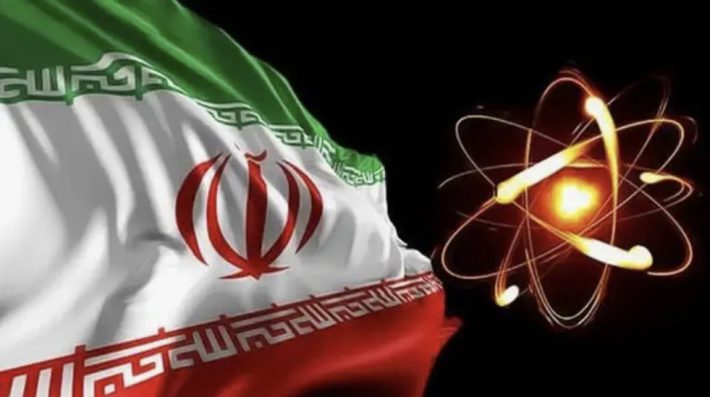At Bahrain’s Manama Dialogue, U.S. intelligence chief Tulsi Gabbard declared an end to decades of costly regime-change wars — affirming Trump’s doctrine of realism, restraint, and strategic peace.
In a defining statement that signals a seismic shift in U.S. foreign policy, National Intelligence Director Tulsi Gabbard announced on Friday that the era of “regime change and nation building” is over under President Donald Trump’s leadership.
Speaking at the prestigious Manama Dialogue in Bahrain — the Middle East’s leading annual defense and security forum — Gabbard acknowledged what many around the world have long argued: America’s old interventionist playbook has failed.
“For decades, our foreign policy was trapped in a cycle of regime change or nation building,” Gabbard said. “It was a one-size-fits-all approach — toppling governments, imposing our systems, intervening in conflicts we barely understood, and walking away with more enemies than allies.”
Her words, echoed by Associated Press (AP) and confirmed by observers at the event, mirror President Trump’s own declarations during his recent Middle East visit — that U.S. power should serve peace and deterrence, not endless wars.
Gabbard’s candid admission marks the clearest repudiation yet of the interventionist doctrines that defined U.S. foreign policy from Iraq to Libya. She highlighted the staggering costs of such ventures:
“The results: trillions spent, countless lives lost, and in many cases, the creation of greater security threats,” she said gravely.
Under Trump’s direction, Washington has moved toward a “strategic realism” framework — focusing on counterterrorism cooperation, strengthening alliances like those with Israel and the Abraham Accords nations, and avoiding open-ended military entanglements.
Analysts say Gabbard’s remarks reflect a Trumpian foreign policy revolution: prioritizing security through strength, peace through deterrence, and respect for national sovereignty — a stark contrast to the failed nation-building strategies of previous administrations.
Her statement was met with cautious optimism among Middle Eastern partners, who have long demanded stability without American-imposed ideology. For Israel, it reaffirms that U.S. power under Trump remains committed to security and counterterrorism — not costly, idealistic wars.
As the applause faded inside the Manama conference hall, one thing was unmistakable:
America’s foreign policy has turned a historic corner — from endless wars to enduring strength.





